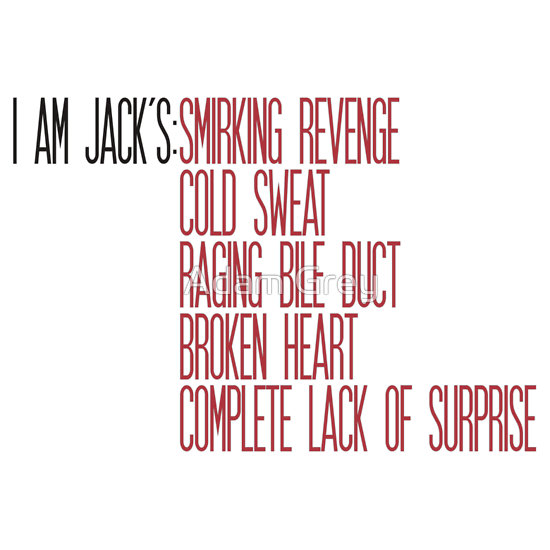In the past few years the issue of paedophilia has become almost every day news due to Jimmy Saville, the Rotherham case, Rolf Harris and various others celebrities or those in power having been accused of such behaviour. The outrage is always the same but we never stop to consider how to either help or stop these people. I recently watched a Louis Theroux documentary called ‘A place for Paedophiles’ and it raised some interesting concepts around the issue.
The programme focuses around a ‘hospital’ in America that seeks to ‘cure’ those who have been prosecuted for acts of paedophilia. Some of the ‘patients’ acknowledge that what they did was wrong and attend therapy, however it should be noted that the only way to be released from the institution is to pass the therapy course and be being considered ‘cured’ which, at the time of the documentary, only 4 people had managed. Others refuse to admit to their crimes and see themselves as being unlawfully imprisoned for life.
The mindset of the public towards those who have sexual feelings towards children is that they are mentally ill in some way and need to be cured. I think it is not as simple as that. We as a society need to label it as an illness because it’s the only way we can even remotely try to understand it. For some paedophiles there will be a sick pleasure in it but for others it may be as simple as it is their sexual preference likes some members of society identify as heterosexual, homosexual, bisexual, omnisexual, asexual and various other sexualities. I understand that this is not a popular viewpoint but it may be a way to help people manage their impulses and for society to understand it better.
A young boy in America tried to seek help after he recognised in himself that he was attracted to young boys and girls. Therapists shunned him at first and he struggled to find a way to stop what he was doing. He now runs a support group for non-offending young people who have these urges. This support group provides a safe place to talk and to turn to in times of need therefore helping to reduce, or stopping all together, the participants in viewing indecent images of children. However, this group have to be careful and protect their identities as they know how the public would react to them. There is little difference in the eyes of the public between those who have these thoughts and those that act on them yet in reality this is a wide divide.
As more research is done into paedophilia the more it becomes apparent that it is not a mental illness or something that develops after being abused; it is something that people are born with. Society needs to be more open to supporting individuals who seek help for their urges instead of making the subject so taboo that it is repressed. This does harm both to the person suffering and any victim of these urges.
This is an uncomfortable subject and an uncomfortable way of looking at it but only by being more open about the issue can we hope to prevent it. Therapy or support groups are needed for individuals dealing with these thoughts in an attempt to prevent child abuse ever occurring. This openness could also mean that those with this sexual preference are prevented from entering careers that puts them in contact with children, therefore eliminating the temptation and controlling the environment that they are exposed to.
Society needs to realise, not everything that we don’t or can’t understand is a mental illness. Progressive thinking and more communication could help everyone live with less fear and more understanding. Hopefully in the future the place for these individuals can be in society provided they are given the correct support and help from the correct institutions.
 *
*